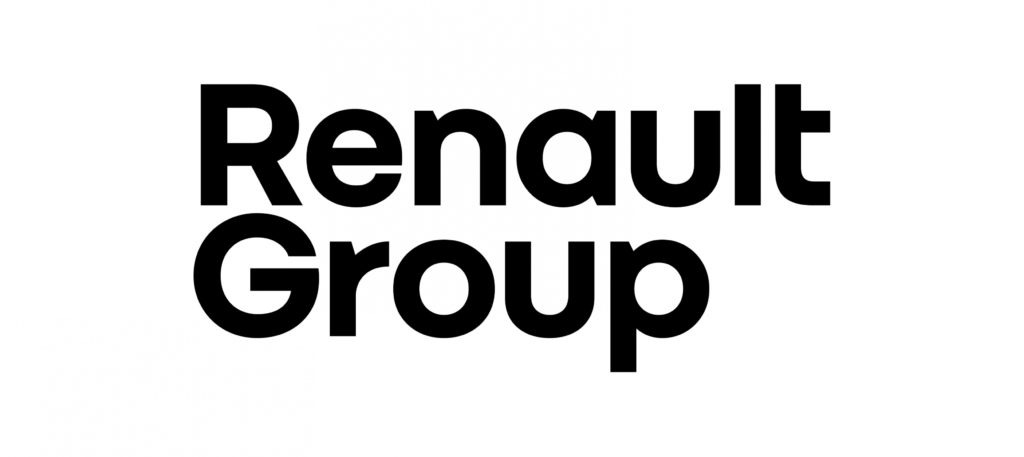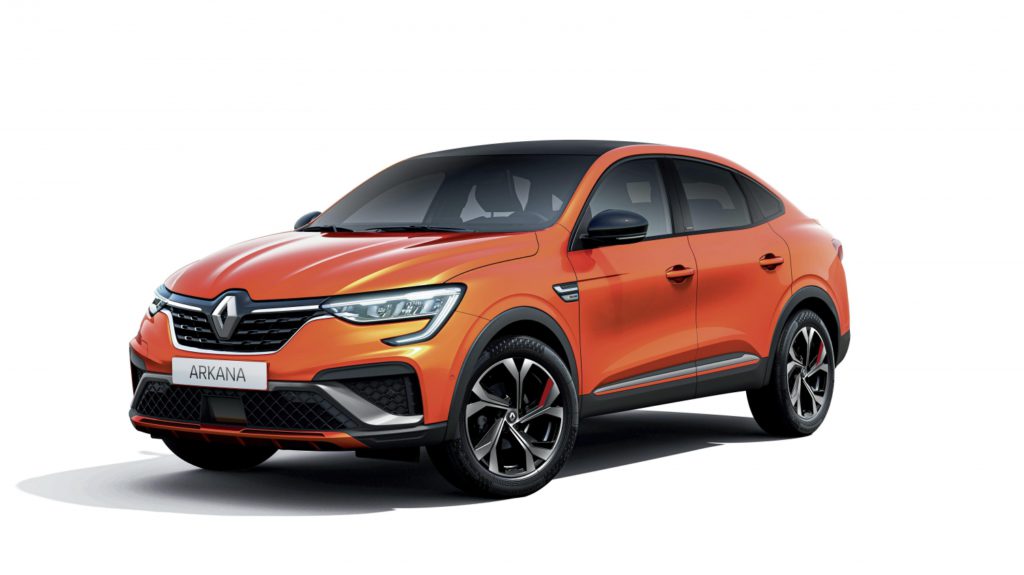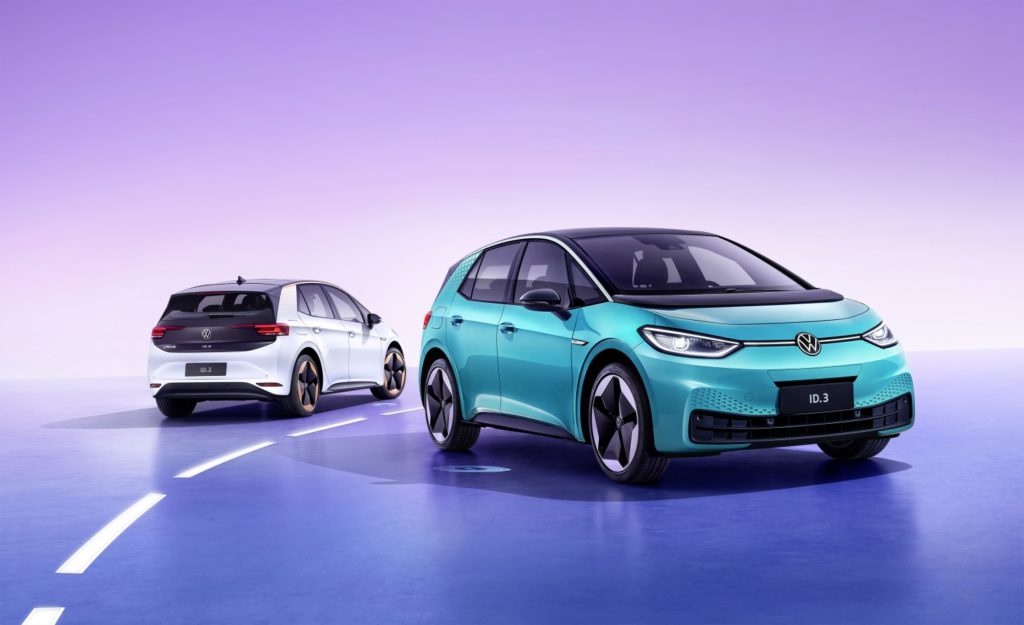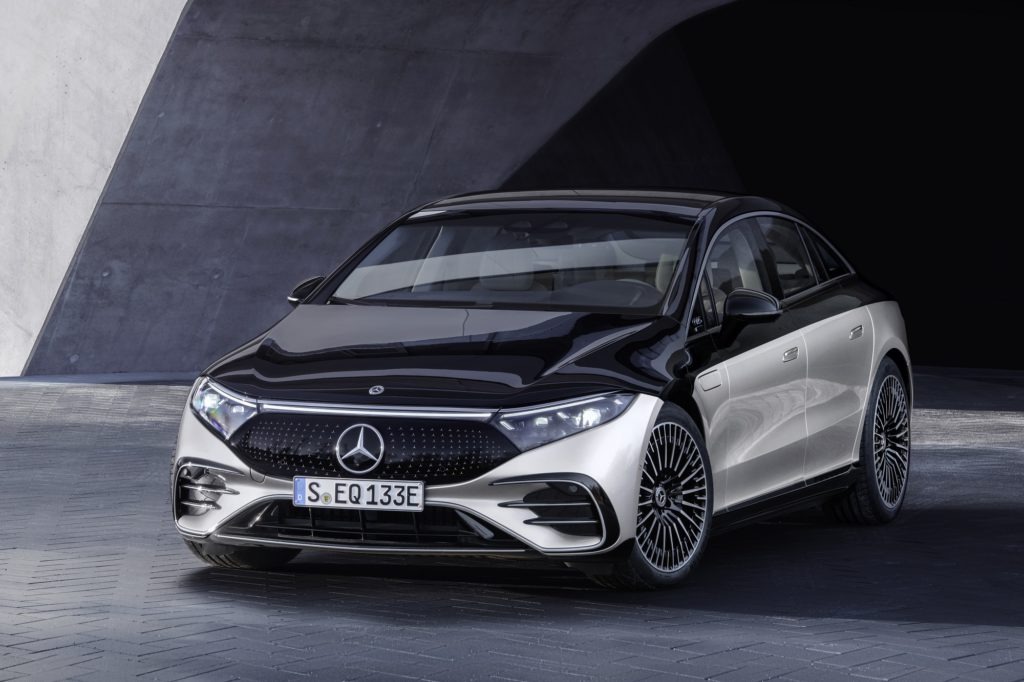Renault invests €550 million in EV manufacturing
23 September 2021

Renault Group has invested more than €550 million in its French factory in Douai, with the carmaker preparing to launch the new Megane E-Tech Electric in 2022. The company operates three plants in the north of France and has set itself a clear goal: to produce more than 400,000 electrically-chargeable vehicles (EVs) at the sites from 2025.
The manufacturer wants to run the largest EV production hub in Europe as it strives for carbon neutrality. Back in April, the company said it expected 65% of sales to come from EV models by 2025, including battery-electric vehicles (BEVs), plug-in hybrids (PHEVs) and standard, non-chargeable hybrids (HEVs). This figure is anticipated to climb to a 90% stake by 2030.
Transformation and modernisation
While it has been known for a few months that Renault is planning to set up a gigafactory in Douai after partnering with battery technology company Envision AESC, the group has now released additional information. The French carmaker revealed that the production lines at the Douai factory have gone through a significant transformation to cater to EV production.
Parts of the €550 million investment were poured into the optimisation of workstations, while the assembly line has been converted to produce a wide range of vehicles. This includes the Megane E-Tech Electric, which will be exclusively manufactured at the Douai factory. At the IAA Mobility 2021, visitors were given a glimpse of the new Megane, Renault’s first compact BEV. Other models, like the Renault 5 Electric city car, will also be produced at the site, which is expected to make its debut in 2024.
‘We strive for quality with each vehicle, at every stage of the manufacturing process,’ said Luciano Biondo, director of Renault Group Electricity. ‘This is our promise to customers, and it is brought to life through the new generation of electric cars.’
Renault now uses robots and automation in the body shop for greater modularity and flexibility. The paint shop has also been renovated and now includes a modified e-coating tank, new resin-injector robots, and a new finish line.
Electromobility strategy
In its latest announcement, the carmaker made clear it had optimised industrial processes ‘for greater operational efficiency and piecing together an entire ecosystem to further reduce many fixed costs.’
Key to Renault’s electromobility strategy is the future on-site battery production at Douai that will power its EV models. The gigafactory in Douai will have a capacity of 9GWh in 2024, but Renault aims to increase this number to 24GWh by 2030. The proximity of the gigafactory to Renault’s production sites is expected to improve the efficiency of its EV production chain.
Other carmakers, such as Volkswagen (VW), are also heavily investing in the large-scale production of their own battery cells. VW recently opened a research and development centre in Salzgitter, Germany, and plans to run six cell factories in Europe with a production capacity of 240GWh by 2030.
Renault said the transformation of its Douai plant would give it a competitive edge and help the group achieve its ambitious goals to create one of Europe’s most significant production centres for electromobility.



